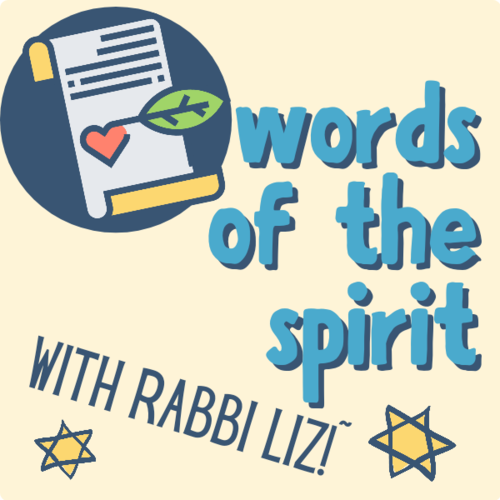If Moses Had Been Armed
12/07/2016 02:55:42 PM
| Author | |
| Date Added | |
| Automatically create summary | |
| Summary |
In January 2013, a group of American rabbis, including the president of the Reconstructionist Rabbinical Association, met with Vice President Joe Biden as members of the national Lifeline to Healing Campaign organized by PICO - People Improving Communities through Organizing.
Fast forward to this moment, these weeks of the summer of 2016. Images and stories of rampant violence, from all corners of the globe, saturates our news. Clergy preach, join coalitions, declare commitments to non-violence and peaceful means of conflict resolution. We tell stories, write sermons, columns and listen to people who ask us for explanations, and ways out. Our movement’s president offered words of consolation and teaching this past Shabbat, reminding us that our traditions guides us to choose life, to pursue peace.
Is it possible that our most sacred biblical figure, the one the rabbis called Moshe Rabbenu, Moses “our” rabbi – even Moses – couldn’t find a path to liberation for his people that did not involve violence? After all, he slew a taskmaster who was beating a slave, and then fled for his life, though not escaping cosmic punishment. The rabbis teach that it was for this transgression that he did not have the privilege of entering the Promised Land.
The liberation of our people as whole was itself predicated on violence, on a massive scale. In the biblical narrative, all of the chariots and riders who were pursuing the Israelites who had left slavery in Mitzrayim were drowned in the Sea of Reeds. And let’s not forget the tenth plague that precipitated the Israelite’s departure – the death of an entire community’s first born males.
The rabbis endeavoured to redeem these stories. We remove some wine from our cup of joy at the seder, lest in our celebration of liberation we forget the lives lost. A midrash has God castigating the angels: "The Egyptians were drowning in the sea. At the same time, the angels wanted to sing before God, but God, said to them: 'My creations are drowning and you are singing before me?'" (Talmud, Megilah 10b)
The question the rabbis were wrestling with was a very prescient, relevant one. How does a people seeking liberation, celebration, autonomy and self-determination act in a complex and risky and uncertain environment? Given the 400 years of enslavement to which our biblical ancestors were subjected, it’s not too much to expect that the angels would rejoice. And wouldn’t we have wanted our suffering to have been mitigated, or ended, much sooner? What if Moses had been armed?
We are all, in this historical moment, stewing in a mix of deeply uncomfortable ingredients: the endemic and deadly effects of institutionalized racism on this continent; the pervasive and debilitating poverty in the Global South, and the Urban North; the pernicious claims and fear-mongering about immigrants, migrant and refugees in Europe as well as south of the 45th parallel; and the global market in powerful weaponry, seemingly available to all who seek them.
In this moment, and others like it that seem to string together like one long, inexorable global funk, many of you ask me and other religious leaders: what can be done? Clearly, you might observe, the 2013 American interfaith coalition effort had no mitigating effect on the ensuing gun violence in that country.
As gut-wrenching as it is to witness the sustained levels of violence, I echo Rabbi Waxman’s message to Reconstructionist communities: “We have learned over and over again throughout history that the response to violence cannot be violence.” We know what must not be done, celebrated, or supported. A commitment to engage in loving, open, peaceful action shall be our calling, as people of faith, as Moshe’s people, as global citizens.
-Rabbi Liz
Fri, 4 July 2025
Special Messages from the Rabbi
Privacy Settings | Privacy Policy | Member Terms
©2025 All rights reserved. Find out more about ShulCloud







